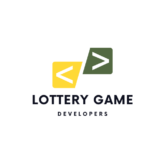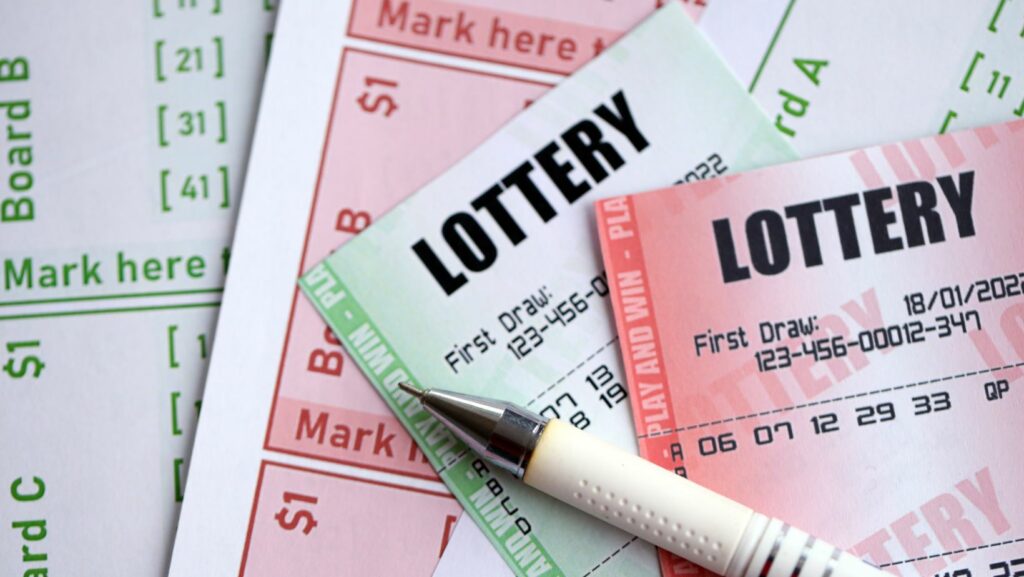Dreaming of hitting the jackpot? Many turn to lottery games as a path to instant wealth, but the odds can be daunting. With a myriad of options available, from Powerball to Mega Millions, choosing the right game can significantly impact your chances of winning. Understanding which lottery offers the best odds is crucial for anyone looking to get the most out of their ticket purchase.
Each lottery game is designed with different win probabilities, prize structures, and ticket prices, making some games more favorable than others. Whether you’re a seasoned player or a curious newcomer, knowing these odds can help you make an informed decision.
Which Lottery Game Has The Best Odds of Winning
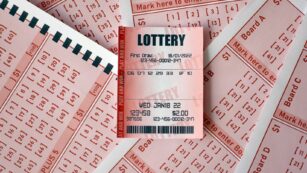 Selecting the right lottery game significantly influences the likelihood of winning. Games have different odds based on their structure and rule variations.
Selecting the right lottery game significantly influences the likelihood of winning. Games have different odds based on their structure and rule variations.
Lottery odds are a way of quantifying one’s likelihood of winning a prize in a lottery game. They represent the ratio of successes (winning outcomes) to failures (non-winning outcomes). For example, in a game where a player picks six numbers from a set of 49, the odds are determined by the possible combinations that can be made from these numbers, typically resulting in millions of possible outcomes.
How Are Odds Calculated?
The calculation of lottery odds involves a mathematical formula based on combinations and permutations of the numbers available in the game. This calculation identifies the total number of possible outcomes and the number of successful outcomes. For instance, the formula used might be a combination without replacement, represented mathematically as C(n, r) = n! / r!(n-r)!, where “n” is the total number of numbers to pick from and “r” is the number of picks needed to win. The lower the number of successful combinations compared to the total outcomes, the steeper the odds.
Popular Lottery Games Reviewed
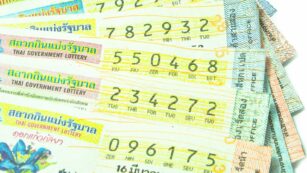 The allure of striking it rich through lottery games often overshadows the stiff odds players face. Here’s a look at some popular lottery games and how their chances stack up.
The allure of striking it rich through lottery games often overshadows the stiff odds players face. Here’s a look at some popular lottery games and how their chances stack up.
Powerball is renowned for its substantial jackpots but comes with daunting odds. Participants must pick five numbers from a set of 69 plus a Powerball number from a pool of 26. The odds of snagging the jackpot stand at about 1 in 292.2 million. However, smaller prizes have better odds, with a 1 in 24.9 chance of winning some amount. The enormous payouts, such as the record $1.586 billion jackpot shared by winners in three states in 2016, continue to draw crowds despite the long odds.
Mega Millions
Similar to Powerball, Mega Millions offers some of the largest jackpots in lottery history. Players select five numbers from 1 to 70 and a Mega Ball number from 1 to 25. The odds of winning the jackpot are slightly better than Powerball, standing at approximately 1 in 302.6 million. The game made headlines with a massive $1.537 billion jackpot won by a single ticket in South Carolina in 2018. Mega Millions also offers other prize levels, with odds of winning any prize at about 1 in 24.
State Lotteries
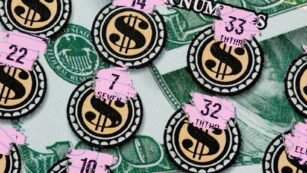 State lotteries vary widely in terms of structure, odds, and payouts. Each state can modify the game rules, which affects the odds and potential winnings. For example, Texas Lottery’s Lotto Texas offers odds of 1 in 25.8 million for the jackpot—significantly better than the national games. California’s Super Lotto Plus offers a 1 in 41.4 million chance for the jackpot. These games typically have lower jackpots than Powerball or Mega Millions but offer better odds of winning something, making them an appealing choice for those looking to increase their chances without facing astronomical odds.
State lotteries vary widely in terms of structure, odds, and payouts. Each state can modify the game rules, which affects the odds and potential winnings. For example, Texas Lottery’s Lotto Texas offers odds of 1 in 25.8 million for the jackpot—significantly better than the national games. California’s Super Lotto Plus offers a 1 in 41.4 million chance for the jackpot. These games typically have lower jackpots than Powerball or Mega Millions but offer better odds of winning something, making them an appealing choice for those looking to increase their chances without facing astronomical odds.
Tips to Enhance Winning Chances
Choosing the right lottery game can significantly impact your chances of winning. While larger jackpots in games like Powerball and Mega Millions may seem tempting their steep odds make winning highly improbable. On the other hand state lotteries and smaller games offer more favorable odds with more frequent albeit smaller payouts. Players should consider what they value most: the excitement of chasing large jackpots or the increased likelihood of winning smaller prizes. By understanding the odds and aligning them with personal preferences lottery enthusiasts can strategically enhance their chances of a win.
